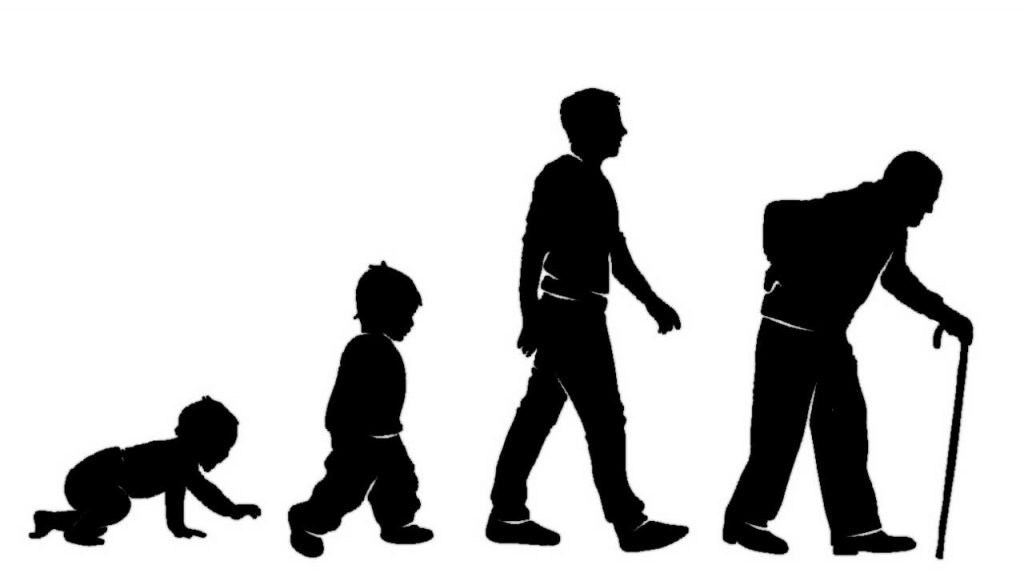
How old do we actually want to be?
By Joseph Clarke
The world’s population is ageing fast. People are living longer. Declining fertility rates are adversely affecting the number of young people in the population. Over 60 countries are now said to have ‘ageing populations’, meaning more than 8-10% of their populations are over the age of 60 (Phillipson, 2013). Many see this as a good thing. The fact that we are living longer is symbolic of human progress and advancement. The effects of fantastic innovations across medicine and healthcare. Others are less optimistic, focusing on the questions raised by ageing populations regarding state provisions in healthcare and pensions.
Of equal importance, however, is the issue of whether we actually want to live longer. As we grow old our quality of life inevitably deteriorates, and we may feel like a burden on those around us. As a result, we need to spend time focusing on improving the lives of older people, an issue emphasised by a recent study from the University of Glasgow, which suggests that there is a link between ageing and the environments that people live in. In this discussion, I will first look at the issues of growing old and the effects of this on physical and mental health, before discussing a sociological perspective which considers how these issues could be addressed.
The idea of growing old is, to many of us, not very desirable. We face the physical effects of ageing, losing much of our mobility and physical capacities. Interlinked are issues around mental health – problems may arise from the physical degradation discussed above, as the happiness and joy brought from physical activity is taken away. Many also experience feelings of loneliness and isolation as those around them pass away, and they become less involved in their communities. These physical and mental issues, I feel, make it extremely important to ensure that people’s quality of life, they get older, is of a good standard. This is where sociology has an important role to play.
Whilst the work of scientists and those in medicine has enabled many of us to live longer, sociologists have done hugely significant work in proposing societal changes which can help ensure this extension in life is positive. Looking at the recent study linking ageing to people’s environments, we can take assurance from the fact that the environment is, to an extent, modifiable. We can improve the quality of life for older people by making changes in their environment so it is ‘age friendly’ – leading to more green spaces, better transport links, and ensuring the elderly have opportunities to get involved in their community.
In terms of mental health, sociologists have argued that wider society needs to drop the rhetoric of ‘young vs old’, as well as the feeling that the elderly are the ‘selfish welfare generation’ (Phillipson, 2013). It is also vitally important that we ensure the skills of older people are being utilised. Intervention is needed to ensure the elderly have a chance to participate and get involved in ways which make them feel useful. This will lessen the feeling that they are a burden to society. Regardless of the approach we take, it must be done with awareness of how physical and mental health interact. Ensuring the good physical health of older people, as with all of us, will lead to gains when it comes to mental health.
Essentially, the aim of this blog post has been to highlight the fact that, whilst it is important to ensure that states and economies can adequately deal with the effects of ageing populations, it is of equal importance to try to ensure that people actually enjoy their lives as they grow older. Now that we have focused on increasing the number of years we’ve got, we should some spend time ensuring that these years are fulfilling and worth living. Sociology will play
a vital role in the achievement of these aims, and policy-makers, local councils, and ordinary citizens should take into account the various suggestions which have been proposed. The importance of the environment in which we grow old is becoming increasingly clear, with proposals in this area being both effective and achievable. But perhaps the bigger project here is the recalibration of societies’ mindset towards a more positive and embracing view on the elderly. As Phillipson (2013) argues, the issue of ageing populations is one which needs to be solved across generations.

0 Comments